Monoclonal antibodies are used as primary antibodies in research because of their high specificity for a unique epitope of an antigen, low non-specific cross-reactivity, and low background noise. Although mouse monoclonal antibodies have remained as the most commonly used type of monoclonal antibody, other new techniques have led to the emergence of monoclonal antibodies raised against rabbits, rats, and hamsters and rabbit monoclonal antibodies utilization rate is gradually increasing. Distinct advantages of rabbit monoclonal antibodies have led to their increasing applications in all areas of life sciences, from basic research to diagnostics and therapeutics.
Abvigen is a top-level service provider of custom antibody and immunoassay development. Our antibody design and production will ensure you get a high affinity monoclonal antibody to suit your research needs. Our team of experts will provide support for each step of antibody production - from antigen design to antibody purification. Our services include: development of monoclonal antibodies, production of recombinant antibodies, antibody conjugation, characterization, manufacturing, anti-idiotype antibody development, and custom engineering services.
 |  | 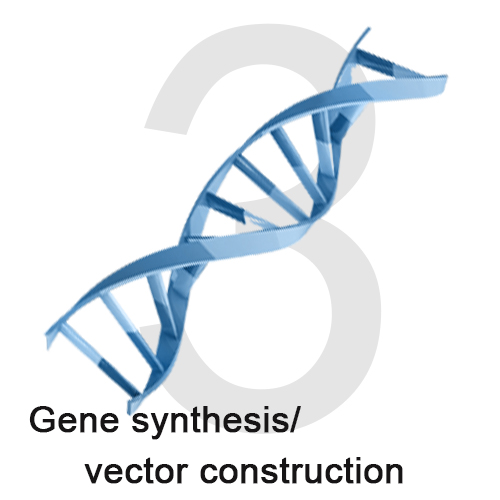 |
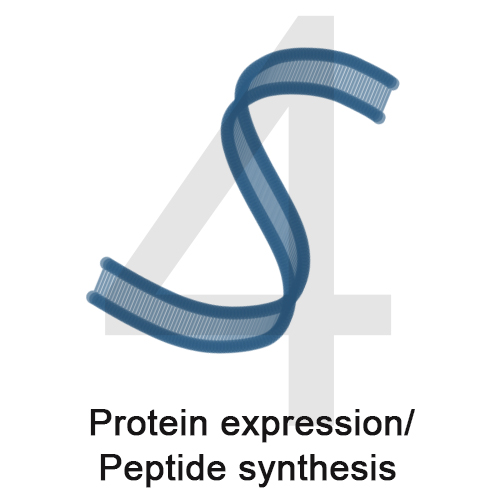 |  | 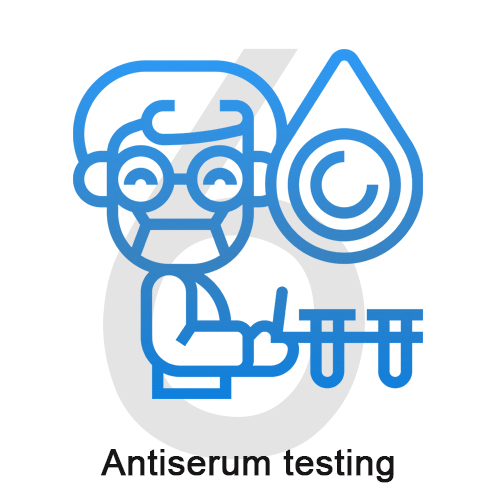 |
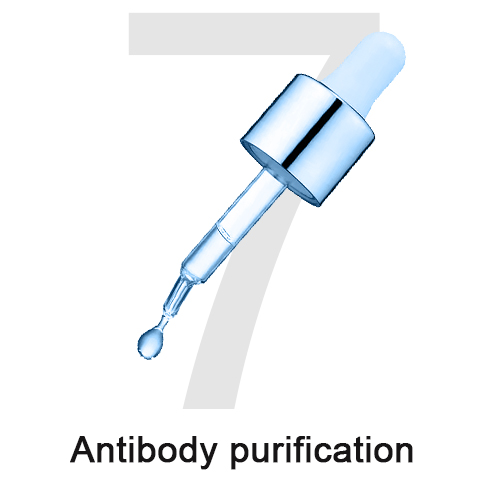 | 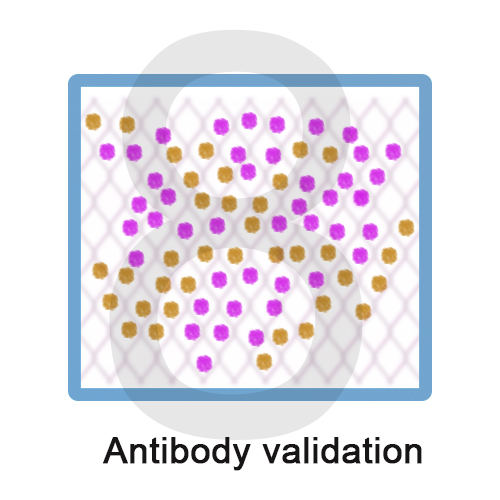 | 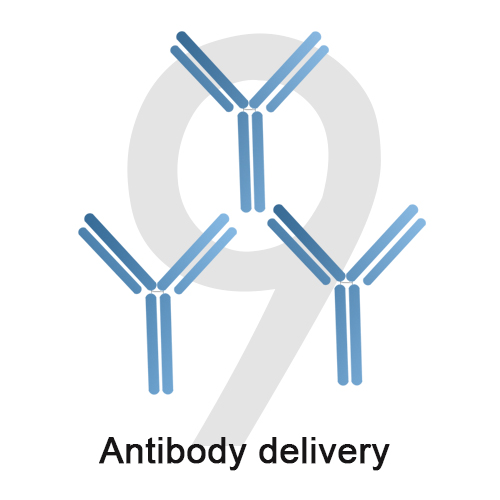 |
Phase | Details | Timeline |
Antigen preparation | Protein, recombinant or purified Peptide Small molecules Nucleic acid | 1-2 weeks |
Animal Immunization | Control serum collection Immunize rabbits | 4-6 weeks |
B Cell Cloning | B cell cloning B cell screening | 2-3 weeks |
Antibody sequencing & recombinant antibody production | Antibody sequencing Small scale recombinant antibody expression Antibody purification | 4-5 weeks |
Antibody Production | Produce recombinant antibodies by large-scale mammalian cell culture antibody purification | 1-2 weeks |
Antigen recognization: capable of recognizing a variety of difficult antigens.
High antibody sensitivity: enable the detection of less abundant antigens with a minimum amount of antibody.
High antibody specificity: reduces background signals.
High antibody affinity: allow for the preservation of antibody-antigen interaction.

